Sudan
Clashes between two Arab tribes in Sudan’s conflict-hit East Darfur state left up to 20 people dead on Sunday, tribal leaders told AFP.
One of the tribal leaders said the clashes between the Arab Maaliya and Rizeigat seem to have been sparked by a livestock theft nearly a year after fighting between the two groups left dozens dead.
“When cars pursuing the thieves stopped at an army checkpoint, they were shelled by artillery and one car was destroyed and another seized,” said Murdas Jumaa, head of the Maaliya Shura Council.
“Ten of our men were killed and another five wounded,” he added.
A senior leader from the Rizeigat tribe who spoke on condition of anonymity, confirmed the clashes had taken place.
“From our side, ten men were killed and the same number wounded,” the source said.
“Government forces were present in the area and did not intervene to break up the clashes,” they said.
However, a member of the Rizeigat Shura Council, Mohamed Issa Aliu, said he could not give precise casualty figures but confirmed the group had several members killed.
Aliu blamed the clashes on longstanding grievances between the tribes.
The two groups have a history of tensions over land ownership rights and allegations of cattle theft.
Khartoum limits international media access to Darfur so it was not possible to independently verify the toll and Sudanese authorities could not be reached for comment.
Darfur has been hit by conflict since 2003, when ethnic minority insurgents mounted a rebellion against President Omar al-Bashir, complaining that his Arab-dominated government was marginalising the region.
Al-Bashir launched a brutal counter-insurgency and at least 300,000 people have been killed in the conflict, the United Nations said.
Another 2.5 million people in the region have been forced to flee their homes.
Al-Bashir is wanted by the International Criminal Court on war crimes charges related to Darfur, which he denies.
Since 2003, parts of the region have been further destabilised by conflicts between Darfur’s myriad ethnic and tribal groups, as well as rising criminality.




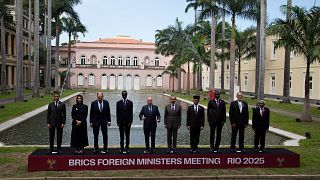


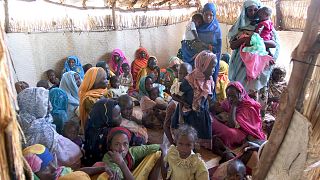
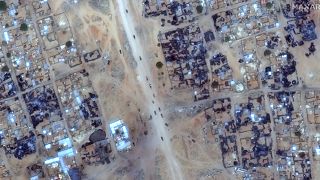
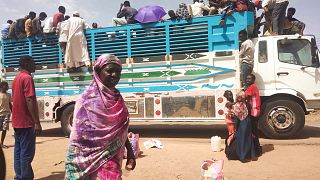
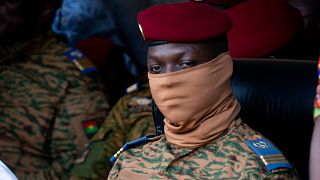
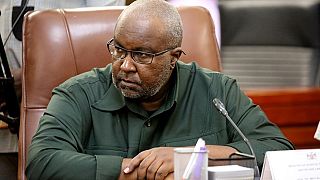

01:02
Sudan accuses UAE of contributing to genocide
Go to video
Sudan: Child casualties, malnutrition cases soar in war-torn Darfur
00:37
At least 54 killed in Sudanese military airstrike on market
01:11
Sudan's army rejects ceasefire call during the holy month of Ramadan
02:05
ICC prosecutor seeking arrest warrants for crimes in Sudan's Darfur region
00:57
Sudan’s army clashes with RSF over oil refinery near Khartoum